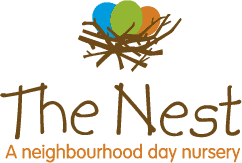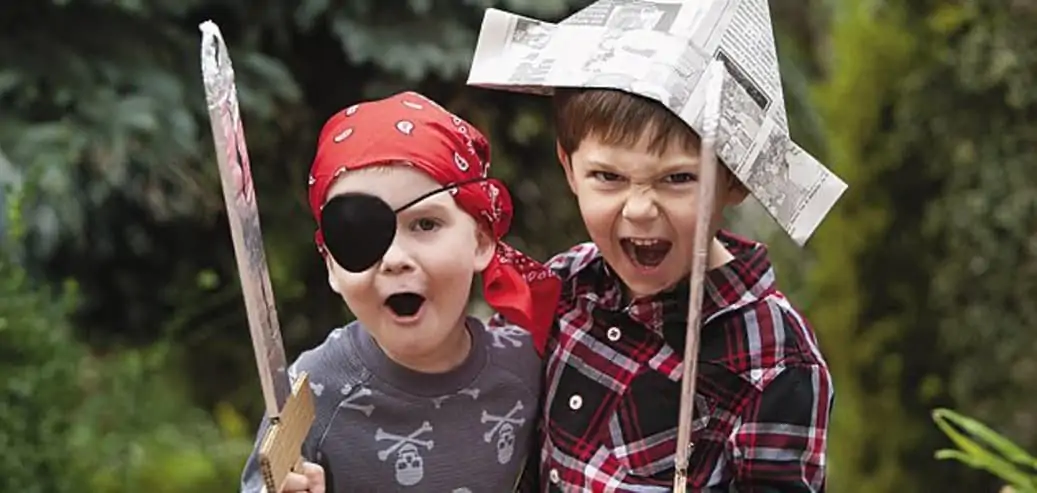Supporting children’s socialisation and behaviour within play envi-ronments
To encourage turn taking provide games with rules; this could be board games or games children have made up, where there are turns to take, winners and losers, the skill of negotiating and working with others and problem solving.
children need to socialise, talk, listen to stories and be involved in activities as a group.
When playing, adults should model positive social behaviour and cooperation, such as sharing. This encourages the children to do the same. By understanding boundaries and what is expected helps children feel safe , they are more likely to learn in an environment that supports children to mange their behaviour. Older children can be explained to the consequences if unwanted behaviour happens. The children could help to make a rules and boundaries poster, having their ideas.
Some unwanted behaviour can happen if a child has special needs or cannot yet talk, for example biting or to gain adult attention. Always reward good behaviour, Children love praise and if they know by showing cooperative behaviour will re-sult in praise they will repeat it in the future. Some children may need more ob-serving and monitoring as it may be linked to a child’s mood; they may be tired or hungry. Discuss how children are feeling.
Routines and time.
Children will hear adults talking about time and days of the week and will begin to understand the basic concepts of time. They may be given a warning for things to happen, for example 10 minutes is bedtime, children may being to look at clocks and may have their own child clock to be easier to read.
Measuring and weighing.
Cooking and weighing out the ingredients, shopping and weighing out fruit & vegetables. Children love to fill and entry containers, often water play in the bath. Children will learn the language of size;’full & empty, bigger and smaller, heavier and lightest’.
Problem solving.
Working things out, maybe the shopping will not all fit in the cupboards or the cars in the car box.
Children need to think about these things and work them out.

